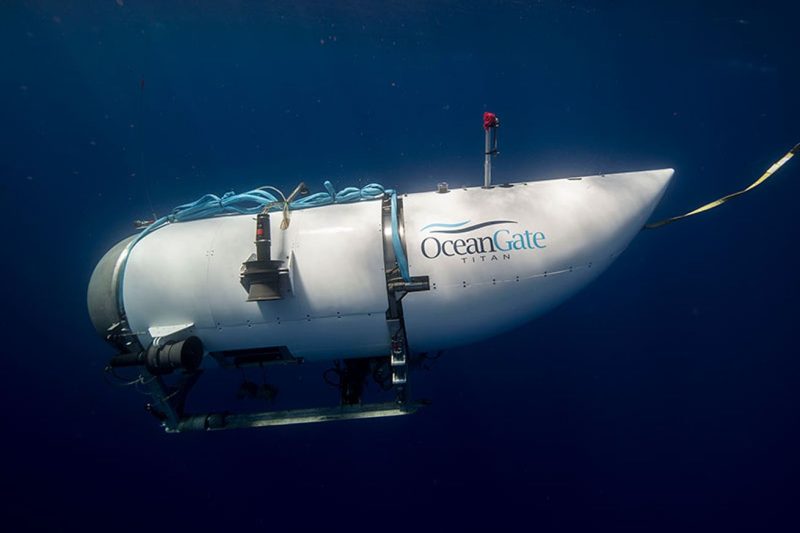
OceanGate’s Titan Submarine: How a Hand-Typed Excel Spreadsheet Led to Disaster
OceanGate’s Ill-Fated Titan Submarine Revealed: A Cautionary Tale of Reliance on a Hand-Typed Excel Spreadsheet
The ill-fated Titan submarine from OceanGate grabbed headlines for all the wrong reasons. The incident sheds light on the critical importance of accurate data management in high-stakes projects. The Titan submarine, known for its innovative design and ambitious deep-sea exploration missions, faced a disastrous fate due to a fatal flaw – reliance on a hand-typed Excel spreadsheet for critical data management tasks.
Excel spreadsheets have long been a versatile tool for organizing data, but they can be a double-edged sword when used in complex engineering projects, particularly when dealing with high-risk operations such as deep-sea exploration. The manual data entry and manipulation involved in creating and maintaining spreadsheets can introduce errors that have far-reaching consequences.
In the case of the Titan submarine, the reliance on a hand-typed Excel spreadsheet for critical calculations and operational parameters proved to be a fatal flaw. The errors in the spreadsheet went unnoticed during the initial stages of the project, leading to a false sense of security regarding the sub’s performance capabilities.
As the Titan submarine descended into the depths of the ocean on its fateful mission, the inaccuracies in the Excel spreadsheet came to light. The sub’s systems began to malfunction, putting the crew’s lives at risk and jeopardizing the entire mission. The lack of a robust data management system that could flag inconsistencies and errors proved to be a costly oversight.
The consequences of the reliance on a hand-typed Excel spreadsheet were dire, resulting in the loss of a multi-million-dollar submarine and putting the crew in harm’s way. This incident serves as a cautionary tale for organizations involved in high-stakes projects, emphasizing the need for robust data management systems and quality control processes to prevent such disasters.
Moving forward, OceanGate and other organizations involved in deep-sea exploration must learn from the mistakes made with the Titan submarine. Investing in proper data management tools and processes, such as dedicated software solutions and automated quality checks, can help prevent similar incidents in the future and ensure the safety and success of missions.
In conclusion, the ill-fated Titan submarine’s reliance on a hand-typed Excel spreadsheet serves as a stark reminder of the risks associated with manual data management in high-stakes projects. By learning from this cautionary tale and implementing robust data management systems, organizations can mitigate the risk of errors and prevent costly disasters. The Titan incident should prompt a renewed focus on data integrity and quality control in engineering projects, especially those involving complex and hazardous environments like deep-sea exploration.
